11th, February 2019 | Oh Jinna
Causes of Dry Eyes and Ways to Get Rid of It
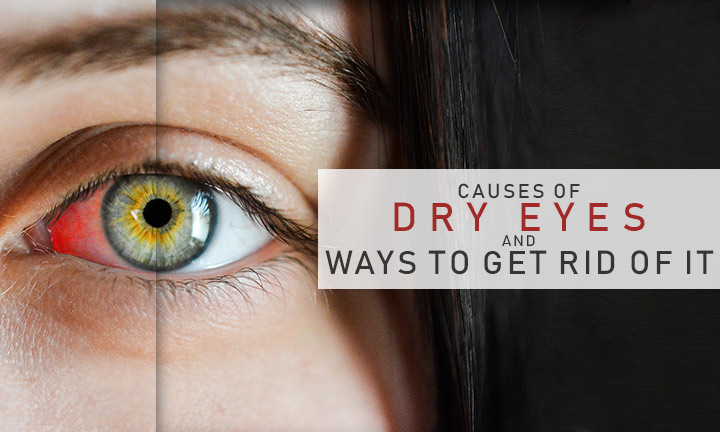
Dry eye is one of the many common eye problems that we usually miss. Lear more about the causes of dry eyes and tips on how to get rid of it.
What is Dry Eye?
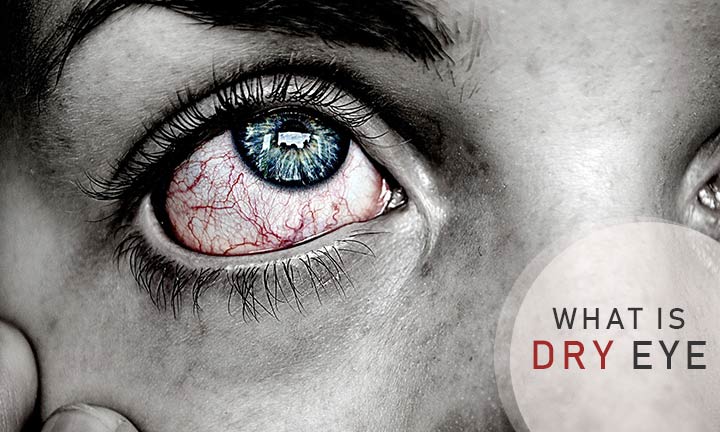
Like most people in the world, you have cried at least once in your life, right? Aside from being an indicator of emotional release, your tears also play a crucial role for your eyes’ health
Dry eyes syndrome occurs when your eyes don’t produce as much tears. Your eyes lose moisture from the lack of tears, which leads to irritation and discomfort. Dry eye is one of the many common eye problems that we usually miss.
When your eyes are healthy, you constantly produce tears to keep your eyes moist and safe. Your eyes tend to make the most tears when you cry or when they get irritated.
What are tear films?
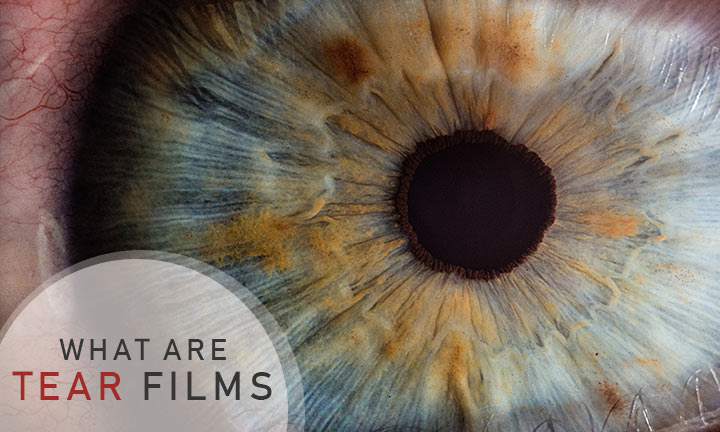
Tear films are layers of oil, water, and mucin found in your eyes. The layers of liquid keep your eyes lubricated so that your eyes stay healthy and clean.
Basically, you end up with dry eyes when your eyes can’t make the right amount of tears. This condition also occurs when there is are complications with the layers of your tear film.
Here’s how your tears work
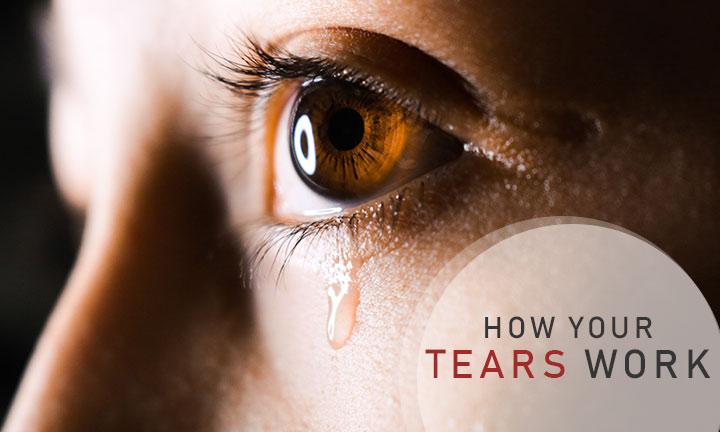
Tears don’t only come out when you’re sad or when your dicing onions. No, small amounts of tears spread around your eyes whenever you blink. The constant amount of tears that your eyes produce help keep your eyes clear and smooth.
The following layers of the tear films have specific functions:
- Oil – the surface of your tear film is made up of oil. The oil keeps the surface of your tears smooth and it also helps keep your tears from drying up too fast. Your meibomian glands produce the oily layer of your tear film.
- Water – the center layer of your tear film is made up of water. The tears that you are used to seeing is mostly made up of this layer of water.
The water acts as a cleaning mechanism for your eyes. It washes away specs of dirt that may harm your eyes. Your lacrimal glands produce the watery layer of your tear film. - Mucus – The innermost layer of your tear film is made up of mucus. The mucus keeps your eyes moist by spreading the watery layer all over the surface of your eyes.
Your tears would just fall off if you do not produce mucus.Your conjunctiva produces the mucus layer of your tear film
8 top causes of dry eyes
1. Growing Older

As we get older, changes in our hormones tend to occur and can be a reason for dry eye. Although both men and women are prone to this condition, women in postmenopausal stage tend to be more prone to dry eye.
2. Diseases

Some diseases can sometimes lead to dry eye. A few examples of these diseases are thyroid disease, lupus, and rheumatoid arthritis.
3. Blepharitis
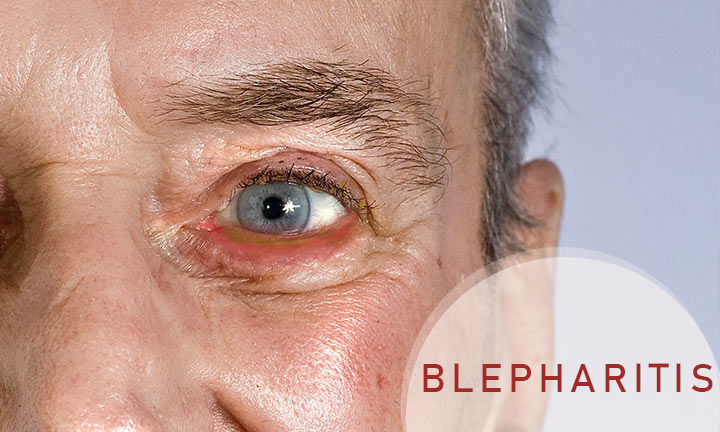
Blepharitis occurs when there is an inflammation in your eyelids. The inflammation is usually located in the part of the eye where your eyelashes grow. Blepharitis can affect both of your eyelids.
This condition happens when specs of oil glands near the base of your eyelashes are clogged. Which in turn, irritates your eyes. Most of the time, blepharitis is chronic, and is hard to cure. It can cause you a lot of discomfort, but it doesn’t normally lead to any permanent eye damage.
4. Entropion
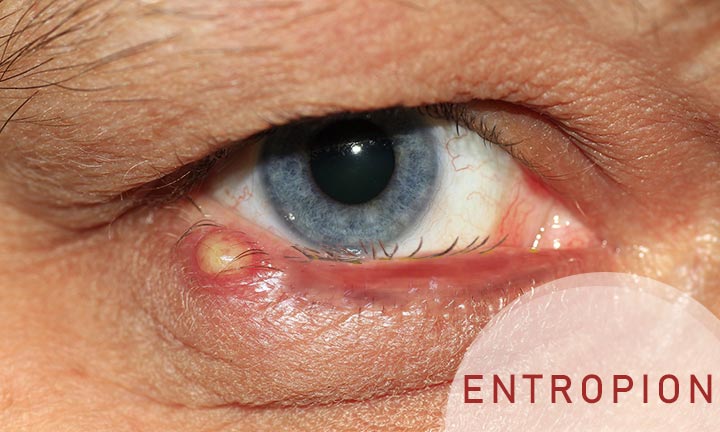
Entropion happens when your eyelid folds inward. This medical condition is very uncomfortable, because the your eyelashes tend to repeatedly rub against your cornea. Entropion can be very irritating and is usually caused by genetics.
5. Exposure to smoke and dust

Constant exposure to heavy smoke or dust can irritate your eyes. When this happens, your eyes tend to dry up and feel painful. You should never forget to wear protective eyewear when you work in a smoke-filled environment.
6. Dry climate

A dry climate can increase the evaporation of your tears. When your tears evaporate quickly, your eyes can tend to get dry and irritated. If your planning a trip to a dry country, be sure to bring some eye drops and always keep yourself hydrated.
7. Using contact lenses for a long period of time
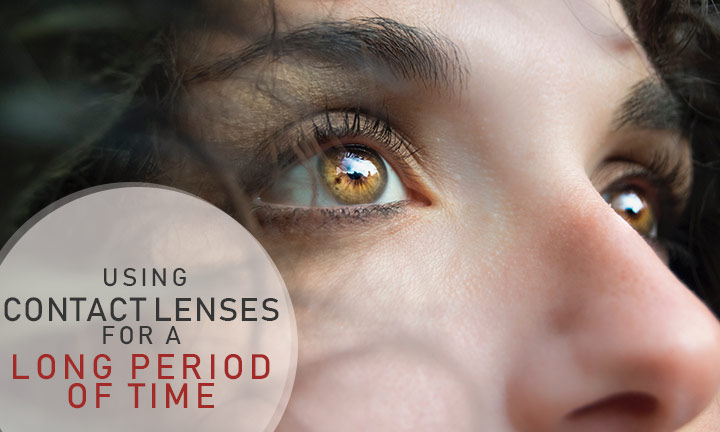
If you use contact lenses for long periods of time, your a very prone to dry eye. Contact lens users usually have it worse than non contact lens users, because the symptoms can tend to be more noticeable.
Remember to keep your contact lenses clean to prevent any troublesome eye condition.
8. Refractive eye surgery
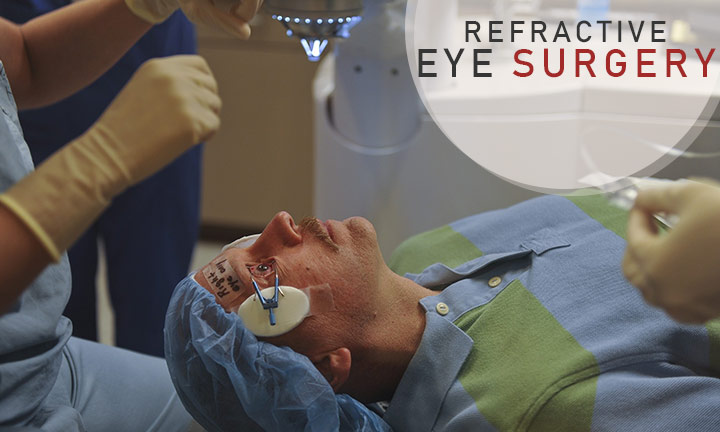
After a refractive eye surgery, your eyes can be a little more sensitive to irritation. If you don’t take care of your eyes very well, it could lead to dry eye syndrome.
Symptoms of Dry Eye
Like any other medical condition, dry eye has certain signs and symptoms that you might want to be aware of.
For starters, here are a couple of indicators of dry eyes:
- Do you have a burning feeling in the eyes?
- You may get a feeling that your eyes have been scratched from within.
- Do you feel something scraping your eyes?
- A stinging sensation in your eyes could occur.
- Have you noticed any mucus buildup around your eyes?
- Are your eyes constantly red?
- Do they feel irritated?
- If you were contact lenses, do you feel that it is painful?
- Do you notice an unusual amount of moist or tears from your eyes?
- Although it may seem strange, your eyes may tend to produce a lot of tears when they are irritated.
How do you get rid of dry eye?
Watch your environment
The conditions of your environment plays a huge factor to your health. If your everyday life exposes you to cigarette smoke. According to this study, smoking can be a factor as to why the general public is prone to the dry eye syndrome.
Therefore, you should also avoid burnt objects or any source of constant smoke.
If your job, daily activities, or hobbies involve smoke-filled, dusty, or harsh environments, then you should always wear the proper eyewear. Wearing the right kind of protective lenses is a good way to defend yourself from your environment.
You can also use a humidifier at home to keep the moisture in your living quarters.
Add fatty acids to your diet
You should start eating more food with omega-3 fatty acids. Omega-3 fatty acids can alleviate symptoms of dry eye. Aside from that, this type of fat is also known to decrease any inflammation in your body.
According to a study about omega-3 fatty acid and dry eyes, 65% of their control group patients who took omega-3 showed clear improvements of their dry eye syndrome. As a conclusion, omega-3 fatty acids really do play an important part in treating dry eyes.
You can get omega-3 acids from the following sources:
- Omega-3 supplements
- Palm oil
- Soybean oil
- Chia seeds
- Flaxseed oil
- Fatty fish
- Walnuts
You can also include Vitamin E and Zinc to your supplements if you really want to boost your eye health.
Eye drops or ointments
These days, you won’t find it hard to buy non prescription drugs for your dry eye. Eye drops can help moisten your eyes and give your eyes a temporary comfort. Eye drops also have preservatives that stop bacterial growth.
If you notice that your eyes are sensitive to eye drops, you can look for preservative-free drops. These should be more effective and comfortable to your eyes.
You can also use ointments to treat your dry eye. Ointments have a thicker consistency and are devised to coat your eyeball. Thus, this will help keep your eyes from drying for a long period of time.
If you are planning to use ointments, then you should take note that ointments can impair your vision when you use them. So it would be best if you apply them before you sleep and use eye drops during daytime.
References:
What Is Dry Eye?
https://www.aao.org/eye-health/diseases/what-is-dry-eye
Smoking and the risk of dry eye: a Meta-analysis
https://www.ncbi.nlm.nih.gov/pmc/articles/PMC5075666/
A randomized controlled trial of omega-3 fatty acids in dry eye syndrome
https://www.ncbi.nlm.nih.gov/pmc/articles/PMC3874521/
Home Remedies for Dry Eyes
https://www.healthline.com/health/dry-eyes-home-remedies
SO, WHAT EXACTLY IS DRY EYE?

Leave a Reply
You must be logged in to post a comment.